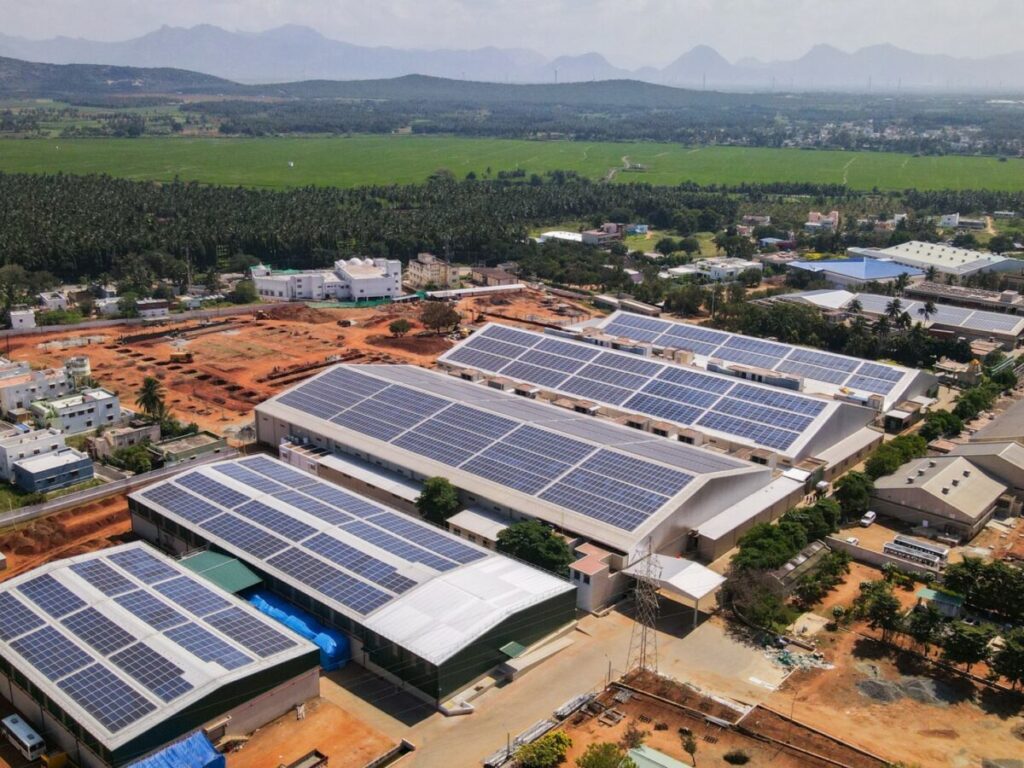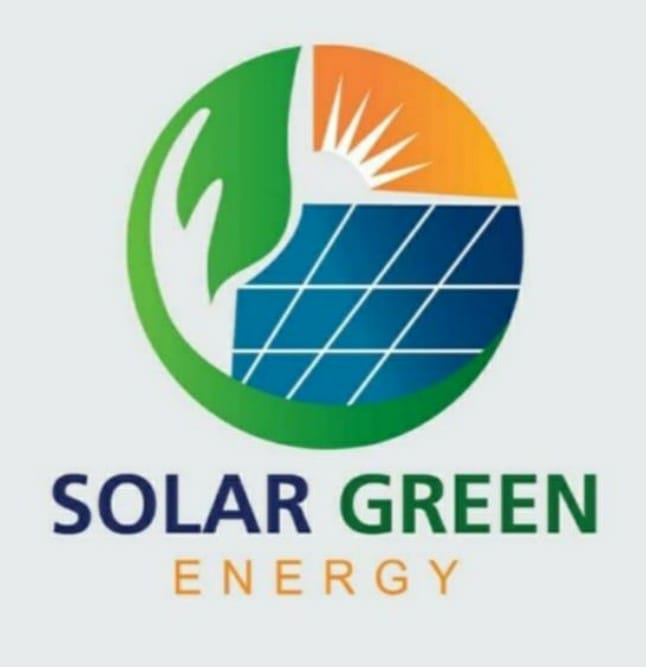Industrial solar energy refers to the use of solar power systems in large-scale industrial settings, such as factories, warehouses, commercial buildings, and other big facilities. The goal is to harness sunlight through photovoltaic (PV) panels or other solar technologies to generate electricity that can power operations, reducing the reliance on conventional grid power.
- Solar Panels (Photovoltaic Systems): These panels are made up of solar cells that convert sunlight directly into electricity. In industrial setups, large arrays of solar panels are installed on rooftops or open areas within the premises to capture sunlight.
- Energy Storage (Batteries): In some cases, excess energy generated during the day is stored in batteries. This stored energy can be used during the night or cloudy periods, ensuring a consistent power supply.
- Grid Connection: In many industrial setups, solar energy can be connected to the grid. If more energy is generated than needed, it can be fed back into the public grid, potentially earning credits or compensation for the company.
- Hybrid Systems: Some industries use hybrid systems that combine solar power with other energy sources, like wind or traditional grid electricity, to ensure a stable and continuous power supply.
Benefits of Industrial Solar Energy:
- Cost Savings: Once the solar system is installed, it can significantly reduce electricity bills. Over time, this can lead to substantial savings.
- Environmental Impact: Solar energy is clean and renewable, reducing greenhouse gas emissions and the company’s carbon footprint.
- Energy Independence: Solar energy helps reduce reliance on traditional energy sources and fluctuations in energy prices.
- Sustainability and Brand Image: Companies that adopt solar energy can enhance their reputation as eco-friendly and sustainable, which can appeal to environmentally conscious customers and investors.
Challenges:
- Initial Investment: The upfront cost of setting up a solar energy system, including the purchase and installation of panels, batteries, and other infrastructure, can be significant.
- Space Requirements: Large industrial solar systems require a lot of space for installation, which can be a limitation for some businesses.
- Weather Dependence: Solar energy production can vary depending on weather conditions, and it’s not available at night unless energy storage solutions are in place.

